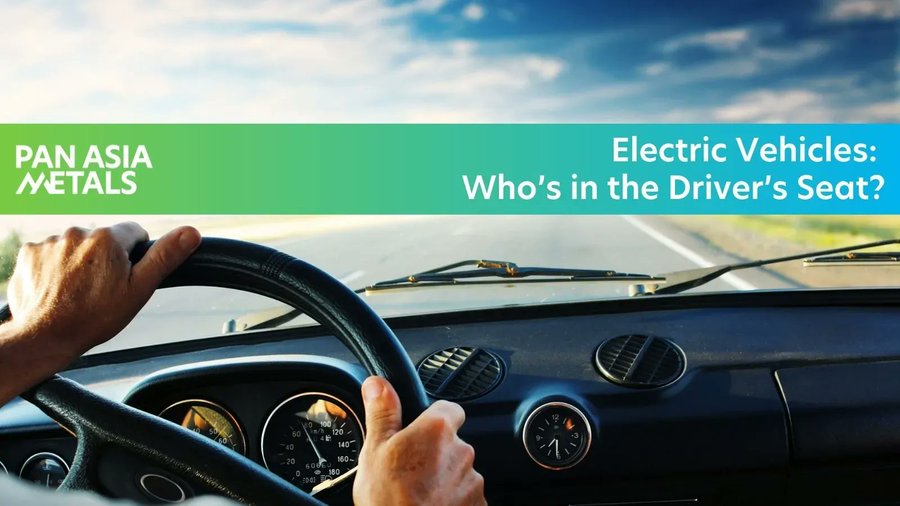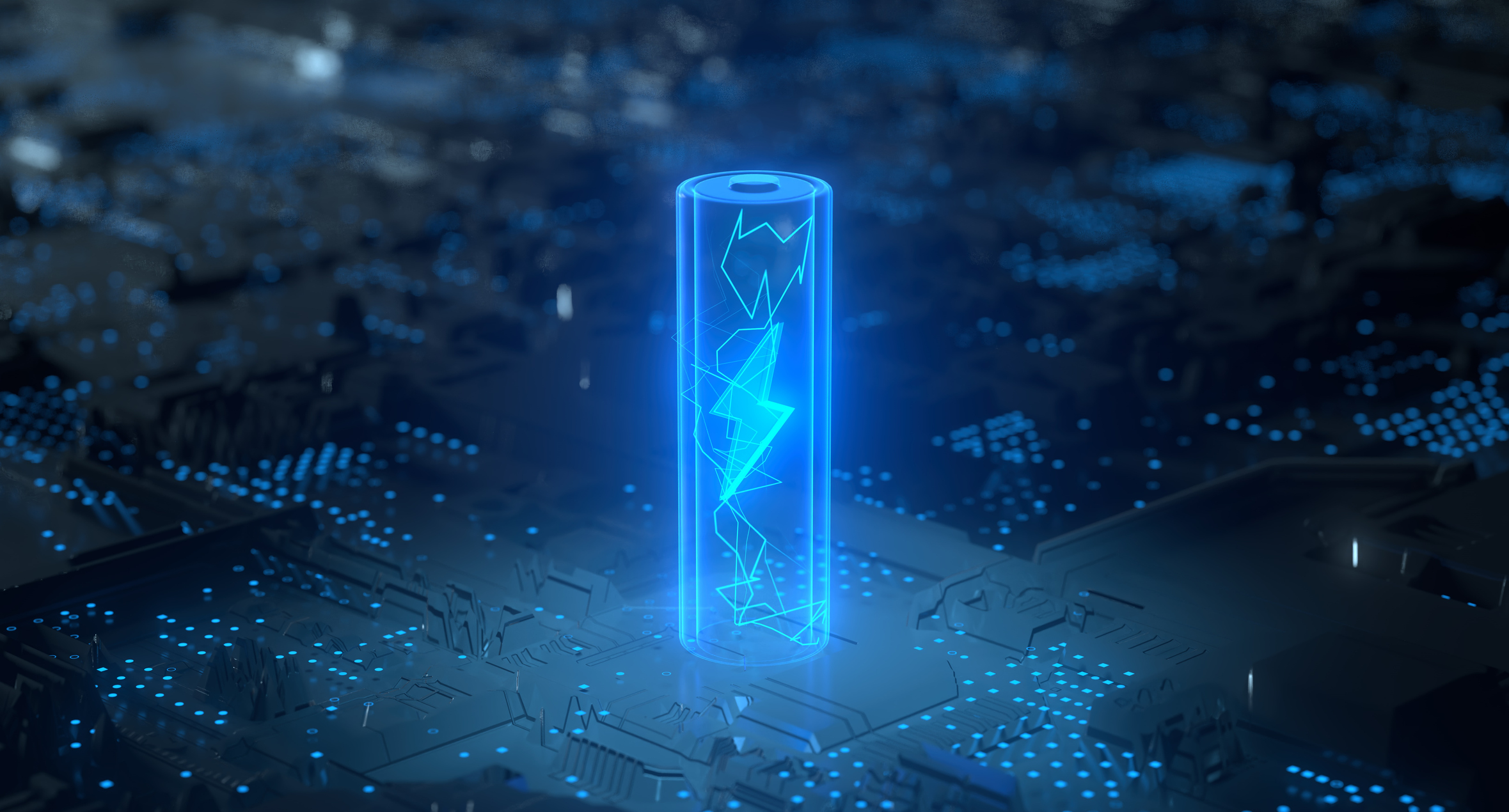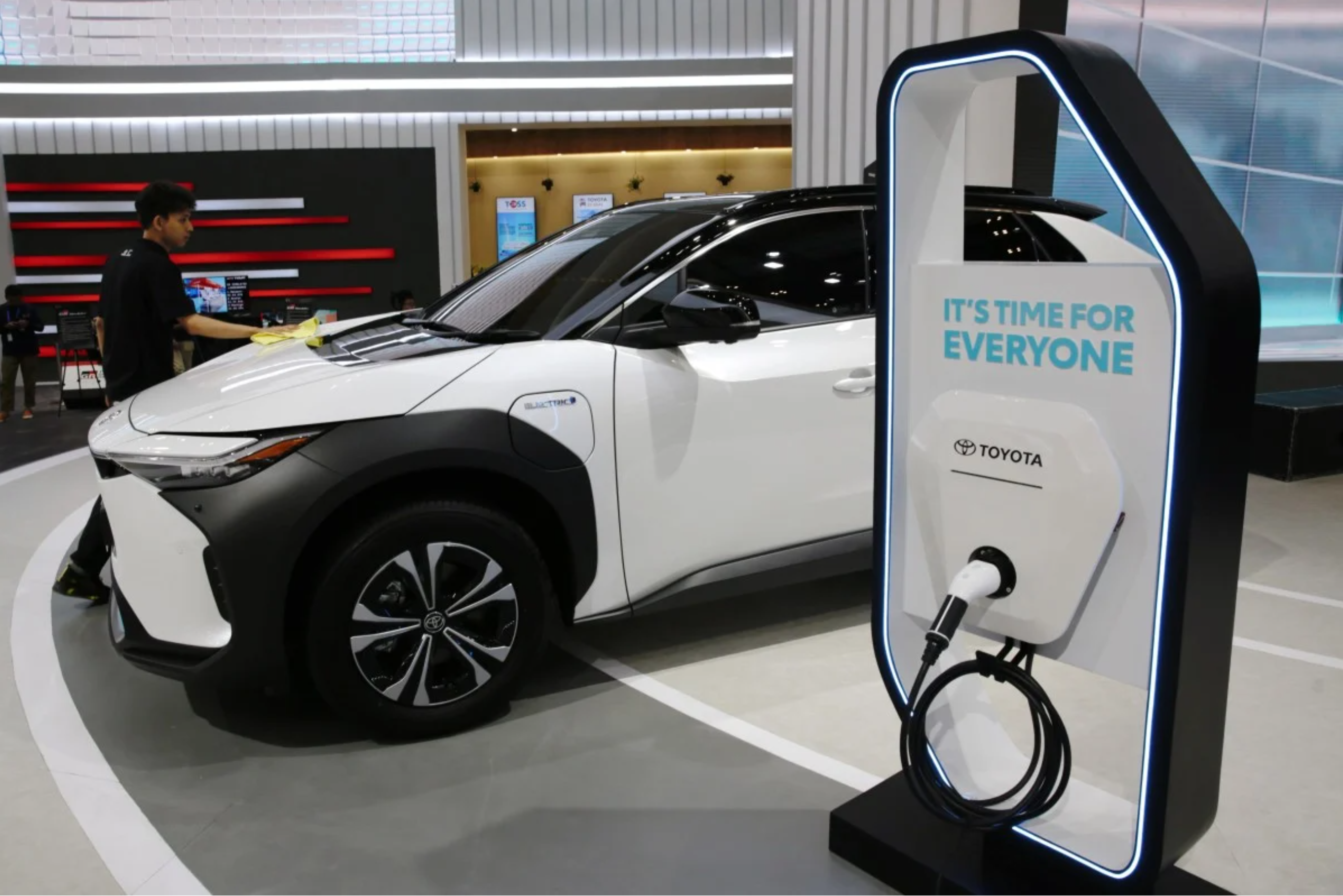It’s no stretch to say we’re in the Third Industrial Revolution. As the world steers away from oil and petrol, the accelerated demand for Electric Vehicles (EVs) is changing the way the energy and transportation sectors interact forever.
It’s great news for saving the planet, but who are the other big winners in the revolution? The obvious answer is car manufacturers. Global sales of pure electric and plug-in hybrid passenger vehicles in 2021 are on track to double 2020’s figures, coming in at 6.2m units.
Together, pure electrics and hybrids account for nearly 9% of the global passenger vehicle market, tripling in the last two years, and they could easily comprise 15% by 2025. In terms of major economies, that’s 10% of the USA’s market, 20% of China’s, and 37% of the EU’s.
And it’s not just Tesla anymore. There’s Ford’s F150 Lightning truck, VW’s ID range, and Toyota’s plans to launch 15 new EVs by 2025. All together, global EV investment by automakers is set to top US $500B by 2030.
But under the hood of this supercharged demand for EVs, lies an even more critical supply and demand equation, driven by the metals used to make their lithium-ion batteries (LIBs). Toyota alone is investing ¥1.5tn (US $13.6bn) in battery development and supply until 2030. And in the world’s biggest EV market, China, the lithium price just reached an all-time high, surpassing its 2018 peak. Here, demand for manganese (used to make battery cathode precursors) is likely to surge ninefold by 2030; and nickel (used in LIBs for bigger vehicles like trucks) is headed for twenty-fold by 2040.
So in one lane, automakers are gearing up to benefit. In another lane, electricity suppliers. But in all lanes, it’s exploration companies who’re taking off down the new energy highway. Not all explorers, though. For ‘clean energy’ vehicles to truly dominate, the process for making them needs to be clean too. And that means putting an end to unethical social and environmental practices in the extraction of the metals used for LIBs.
The road to tomorrow is paved with ethical metals. As EV demand shifts up another gear, it’s the more ethical explorers who’ll ultimately prevail: emerging lithium suppliers like Lake Resources (ASX:LKE) who are working with Lilac Solutions to produce lithium from brine with lower water consumption; and Pan Asia Metals (ASX:PAM) who are developing low-cost projects with nearby hydro energy and the potential for geothermal and solar energy solutions.
And since supply will probably only meet the current demand curve until 2025, when explorers are bound to be heavily leaned on, if their carbon and community credentials aren’t in order by then, it could well be new young players who rise to the top, and stay there.
Suffice to say, in this new clean energy world, ethical explorers are firmly in the driver’s seat.
Written for Pan Asia Metals by Josh Bryer




